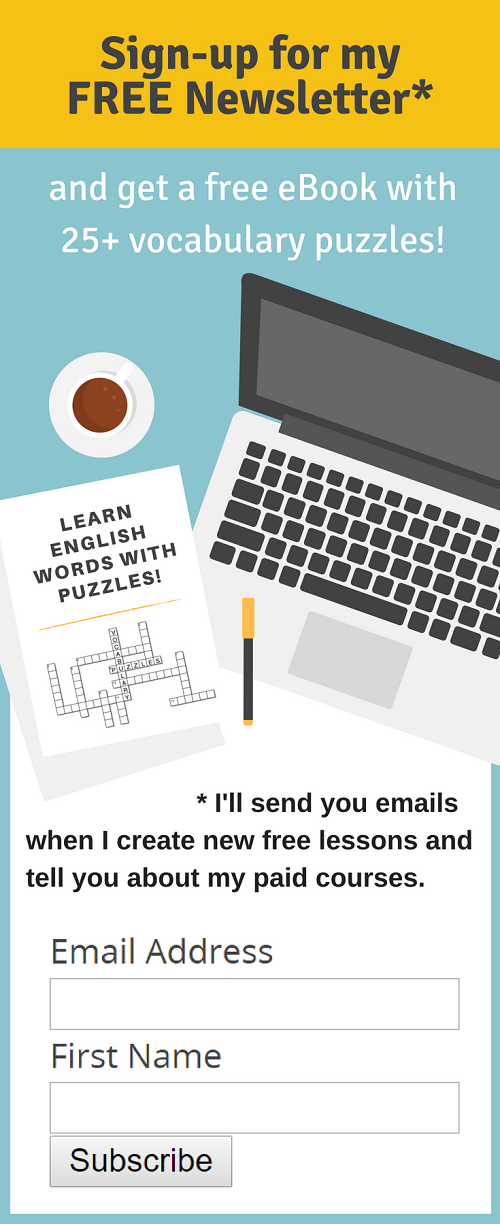A Good ESL Dictionary is
an English Learner’s BFF (Best Friend Forever)
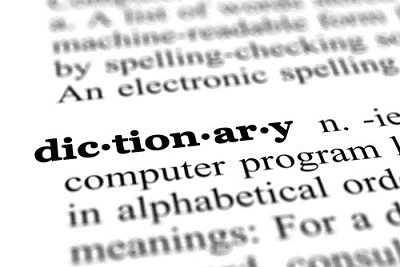
ESL Dictionary Options
A quality ESL dictionary is such a great investment. You may be surprised to know that there are several different types and these resources are tailored for different learner levels too.
I have listed some good choices that I have used personally. There are many good options though so if you're not sure, visit your local bookstore to see some of the choices available. If you do not have a good selection, you can order one from a publisher's website or major bookseller like Amazon.com.
You may also consider using an electronic dictionary or translator. Some students find it's a great resource to have when on the go because you can fit it easily in your bag or purse. These dictionaries do take time to get used to though. Again, it's really a personal preference. I have used a Franklin electronic dictionary when travelling and it was very helpful because I purchased one that had several languages (which came in handy when I traveled through Europe).
ESL Dictionary: Beginner/Elementary Students (A1 level)
Most students learning English will begin with a bilingual dictionary with information for the English words provided in their mother-tongue language. These dictionaries come in different sizes from very small ones you can carry in your pocket if you're travelling, to much larger versions.
Visual or picture dictionaries provide illustrations that immediately help students to know the meaning of common words. These words are often divided into themes (e.g., people, home, shopping, food, health, services, transportation). These dictionaries can also be bilingual/trilingual, etc. so if you are studying more than one language you may be able to get one dictionary to help your studies in several different languages.
There are many excellent choices but I particularly like the picture dictionaries by DK and Oxford University Press.
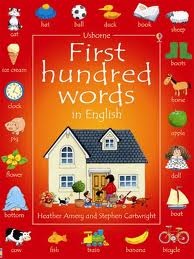 |
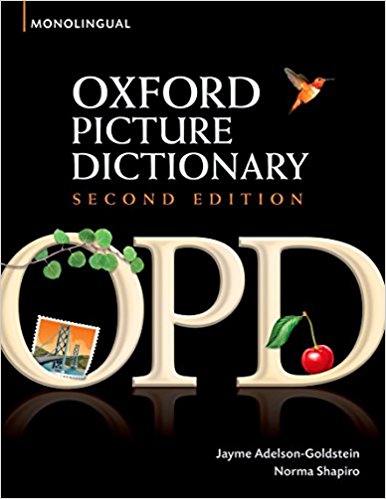 |
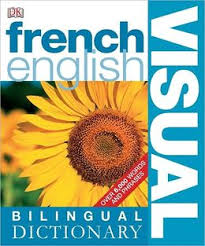 |
ESL Dictionary: Pre-Intermediate Students (A1-A2 levels)
Pre-intermediate students have started to master basic vocabulary but an advanced learner's dictionary or regular English dictionary are too difficult to use.
What works best is a monolingual (a dictionary just in English) that is created specifically for pre-intermediate students. These dictionaries typically still have pictures for certain words but they also provide a lot of additional information. A basic learner's dictionary typically:
- Provides definitions in simple English;
- Highlights which words are most frequently used by English speakers;
- Provides information about grammar: For example (e.g., show the part of speech, give irregular plural forms, provide different verb forms, give comparative and superlative forms and provide other helpful grammar notes);
- Gives pronunciation tips;
- Helps vocabulary building (e.g., provide synonyms and antonyms, provide related words and collocations, provide examples of idioms and phrasal verbs; and
- Gives example sentences.
Personally, I recommend the Oxford Basic Dictionary for Learners of English, to my pre-intermediate students but there are other good dictionaries for learners at this level.
Picture or visual dictionaries are also helpful for pre-intermediate learners. Some visual dictionaries are just fun to look through. One tip for how to learn English words is to use one of the diagrams, which will have a lot of related words together, for conversation practice.
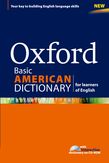 |
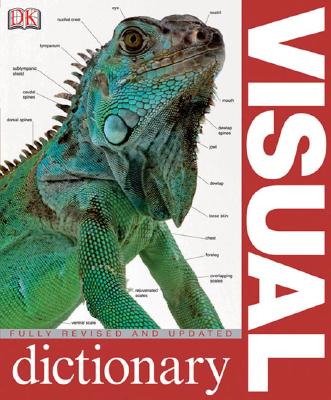 |
ESL Dictionary: Intermediate & Advanced Students (B1-C2 level)
As above, there are learner dictionaries for students at the intermediate level that provide the same type of information above, but at a higher level. There are additional words and examples, so the dictionary is larger than the dictionaries for elementary and pre-intermediate students.
I think the Oxford Dictionaries for learners of English are great choices. Oxford University Press provides different dictionaries for American and British English, which could also be helpful to some students. The Oxford Wordpower ESL dictionary helps students develop their vocabulary as well as practice writing.
Visual dictionaries for advanced learners are also available and often provide diagrams with illustrations with all the related vocabulary together.
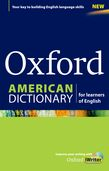 |
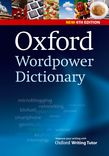 |
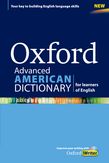 |
Electronic Dictionaries/Electronic Translators
If you like digital products, an electronic dictionary/translator might be a good option for you. There are some advantages:
- they are portable, so you can easily carry them with you
- they include audio so you can hear the correct pronunciation
- it can be faster to look-up the words
- some have spelling and word games
However, they are also sometimes much more expensive than paper dictionaries and it can take awhile to get used to them. These companies offer tips on their websites for how to learn English using these devices.
Here are two popular electronic dictionary/translator companies:
Franklin:
Franklin has a wide variety of electronic dictionaries and electronic translators for different language levels. They work with leading global publishers (e.g., Merriam-Webster) who provide the content in electronic form.
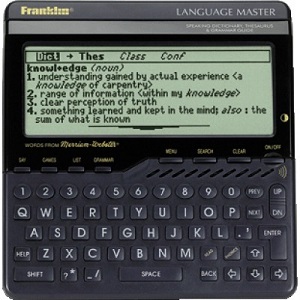 |
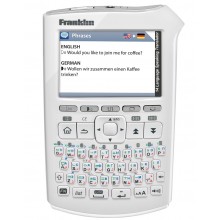 |
Etaco electronic translators
Etaco sells electronic translator. If you are traveling or learning several languages, these portable devices may be helpful for you.
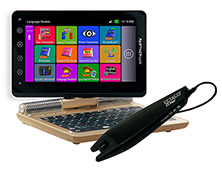 |
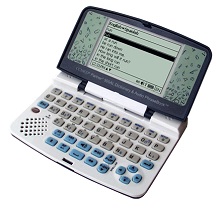 |
